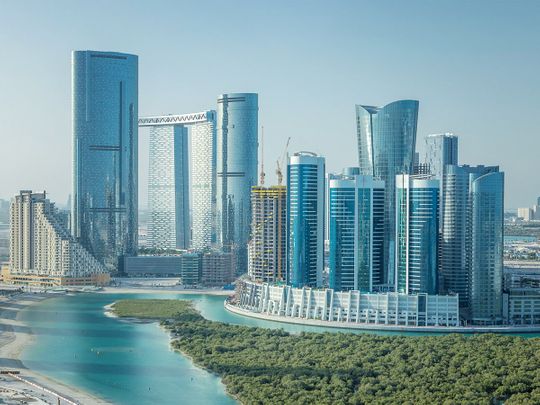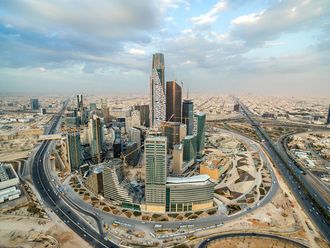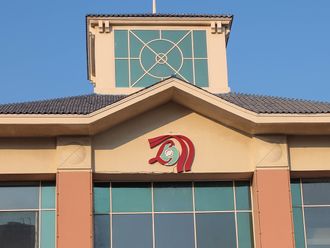
Dubai: Business activity in the UAE dropped during September, putting the onus on them to get off to a solid start in October and which can continue through the final three months of 2024. This was the slowest in 3 years, according to new data.
On new job creation too, September proved to be a weak phase, recording the 'weakest employment growth since December 2022', according to the latest S&P Global PMI report. The slowdown in business activity meant a 'weaker upturn in new orders and softer job creation', the report adds. (The sentiments in December 2022 had to do with heightened worries about inflation hurting the global economy and what it would mean for businesses in the GCC and Middle East.)
There were 'continued operational constraints, with firms often unable to sufficiently boost their capacity to make progress on work pipelines'.
Growth had 'softened considerably since the start of the year', said David Owen, Senior Economist at S&P Global Market Intelligence. "Businesses faced further challenges with the completion of new work, despite a slowing of sales growth and a strong uplift in purchases.
"Competition remained another area of difficulty."
It meant business owners are having a 'more cautious outlook for the upcoming year'.
A lot of the subdued order flow during September will have to do with the usual slowdown during September, and which has a bearing on retail spending, hotel stays, etc. When it comes to the construction sector, things are more bullish, with a slew of major project awards having been issued, including one by Nakheel for the Palm Jebel Ali.
September PMI
The UAE's PMI (Purchasing Managers' Index) reading for September dropped to 53.8 from 54.2 in August. The index was at its second-lowest in three years, only ahead of last July's reading of 53.7. (The PMI reading is based on key business activity during a month, including elements such as capex, hiring, orders generated, etc.)
Job creation
September's lower hiring meant the 'mildest rise' in total employment since the end of 2022.
Businesses were also reporting increased backlogs. "The trend of backlog accumulation, which has been substantial since February, even worsened in the latest survey period to a four-month high," says S&P Global.
In the coming weeks, businesses will also be tracking what's happening on the geopolitical side of matters. The bigger focus for many of them will be on oil prices and transportation costs, especially those reliant on shipments into and from overseas.
"The (September) survey data also suggested that firms opted to maximise revenues whilst sales are still strong, as output charges rose at the fastest rate for over six-and-a-half years," said Owen. "This was partly due to cost pressures remaining strong in September, though there was a bit of relief on this front compared to the last few months, which could be a sign that the inflationary trend will lessen."












